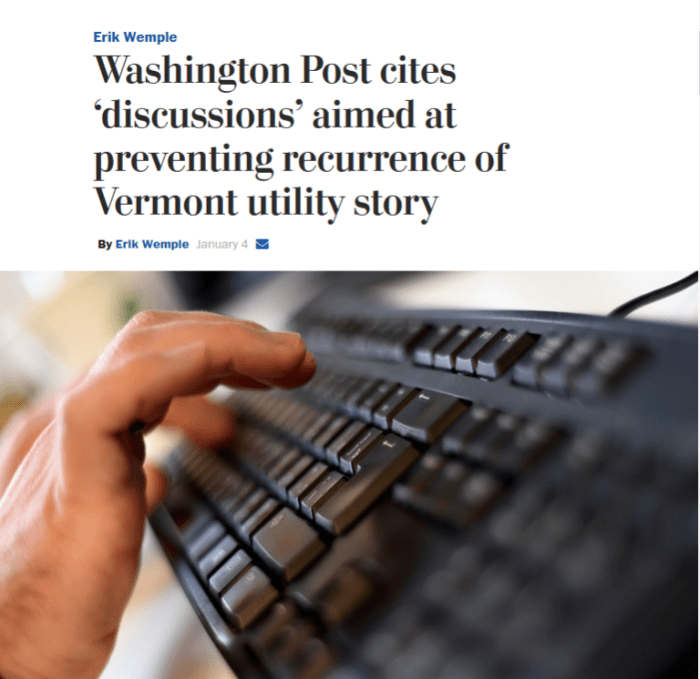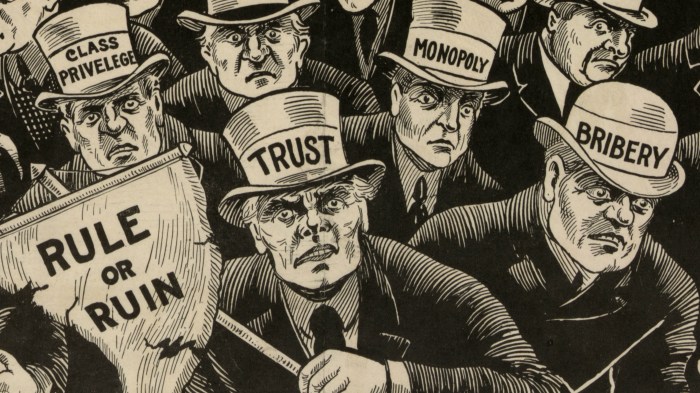What issues are reporters working to expose and reform – Investigative journalism plays a crucial role in uncovering and addressing societal issues. Reporters tirelessly work to expose corrupt practices, social injustices, and environmental degradation, seeking to hold the powerful accountable and advocate for change.
From uncovering government misconduct to shedding light on human rights abuses, reporters serve as watchdogs, ensuring transparency and holding those in power to account.
Corrupt Practices
Reporters play a crucial role in exposing and investigating corrupt practices, which undermine the integrity of institutions and erode public trust. These practices manifest in various forms, including bribery, embezzlement, nepotism, and influence peddling.
Bribery
- Reporters investigate cases where public officials or corporate executives accept bribes in exchange for favorable treatment or contracts.
- Recent examples include the FIFA corruption scandal and the bribery allegations against former Brazilian President Luiz Inácio Lula da Silva.
Embezzlement
- Reporters uncover instances where individuals in positions of trust misappropriate funds or assets for personal gain.
- A notable case was the embezzlement of billions of dollars from the Malaysian sovereign wealth fund 1MDB, which led to the downfall of former Prime Minister Najib Razak.
Social Injustices
Reporters are committed to exposing social injustices that perpetuate inequality and undermine human rights. These injustices take various forms, including discrimination, poverty, and lack of access to basic services.
Discrimination
- Reporters document instances of discrimination based on race, gender, religion, or other protected characteristics.
- Examples include the #MeToo movement, which brought attention to sexual harassment and assault, and the Black Lives Matter movement, which highlights police brutality and racial profiling.
Poverty, What issues are reporters working to expose and reform
- Reporters investigate the root causes of poverty and its impact on individuals and communities.
- Recent coverage includes the growing wealth gap and the lack of affordable housing in major cities.
Environmental Issues

Reporters play a vital role in raising awareness about environmental issues and advocating for sustainable practices. These issues include climate change, pollution, and biodiversity loss.
Climate Change
- Reporters document the scientific evidence of climate change and its potential consequences, such as rising sea levels and extreme weather events.
- Recent coverage includes the Intergovernmental Panel on Climate Change (IPCC) reports and the Paris Agreement.
Pollution
- Reporters investigate sources of pollution, such as industrial emissions, vehicle exhaust, and agricultural runoff.
- Examples include the Volkswagen emissions scandal and the Flint water crisis.
Government Accountability
Reporters hold government officials accountable for their actions and decisions, ensuring transparency and preventing abuse of power. They investigate cases of misconduct, corruption, and violations of the law.
Misconduct
- Reporters uncover instances of government officials engaging in unethical or illegal behavior, such as sexual harassment, campaign finance violations, and misuse of public funds.
- Recent examples include the allegations against former New York Governor Andrew Cuomo and the investigation into Russian interference in the 2016 US presidential election.
Corruption
- Reporters investigate cases where government officials accept bribes, engage in nepotism, or abuse their power for personal gain.
- Notable examples include the “Cash for Clunkers” scandal and the corruption allegations against former Ukrainian President Viktor Yanukovych.
Economic Inequality
Reporters examine the causes and consequences of economic inequality, which can lead to social unrest and political instability. They investigate issues such as income disparities, wealth concentration, and lack of economic opportunity.
Income Disparities
- Reporters analyze the gap between the wealthy and the poor, exploring factors such as wage stagnation, tax policies, and access to education and healthcare.
- Recent coverage includes the rise of the “working poor” and the growing number of billionaires.
Wealth Concentration
- Reporters investigate the concentration of wealth in the hands of a few individuals or corporations.
- Examples include the Panama Papers leak, which revealed the hidden offshore wealth of the world’s elite, and the growing influence of hedge funds and private equity firms.
Human Rights Abuses
Reporters play a crucial role in documenting human rights abuses and bringing them to the attention of the international community. These abuses include torture, arbitrary detention, and violations of freedom of speech and assembly.
Torture
- Reporters investigate instances of torture and other forms of cruel, inhuman, or degrading treatment or punishment.
- Recent coverage includes the use of torture in the US military and the allegations of torture in Syrian prisons.
Arbitrary Detention
- Reporters document cases where individuals are detained without due process or legal basis.
- Examples include the arbitrary detention of journalists in Egypt and the mass detention of Uyghur Muslims in China.
Healthcare Disparities
Reporters examine the factors that contribute to healthcare disparities, such as lack of access to affordable care, discrimination, and geographic barriers. They advocate for policies that promote health equity.
Access to Care
- Reporters investigate the challenges faced by individuals in obtaining affordable and quality healthcare.
- Recent coverage includes the uninsured rate in the United States and the lack of access to essential medicines in developing countries.
Discrimination
- Reporters document instances where individuals are denied healthcare based on their race, gender, or other protected characteristics.
- Examples include the disparities in maternal mortality rates between Black and white women and the lack of LGBTQ+ inclusive healthcare.
Educational Inequities
Reporters examine the factors that contribute to educational inequities, such as poverty, segregation, and lack of access to quality schools. They advocate for policies that promote educational equity.
Access to Quality Education
- Reporters investigate the disparities in access to quality education, particularly for students from disadvantaged backgrounds.
- Recent coverage includes the lack of resources in underfunded schools and the achievement gap between students from different socioeconomic groups.
School Segregation
- Reporters document the extent of school segregation and its impact on student outcomes.
- Examples include the resegregation of schools in the United States and the lack of diversity in elite schools.
Racial and Social Discrimination

Reporters investigate instances of racial and social discrimination, including hate crimes, police brutality, and systemic racism. They advocate for policies that promote social justice and equality.
Hate Crimes
- Reporters document hate crimes motivated by bias against race, religion, or other protected characteristics.
- Recent coverage includes the rise in hate crimes against Asian Americans during the COVID-19 pandemic and the targeting of Black churches in the United States.
Police Brutality
- Reporters investigate cases of excessive force and misconduct by law enforcement officers, particularly against people of color.
- Examples include the deaths of George Floyd and Breonna Taylor in the United States and the ongoing protests against police brutality.
Technological Disruptions

Reporters examine the impact of technological advancements on society, including the potential for job displacement, privacy concerns, and the spread of misinformation. They explore the ethical and regulatory challenges posed by emerging technologies.
Job Displacement
- Reporters investigate the impact of automation and artificial intelligence on the workforce, particularly in sectors such as manufacturing and retail.
- Recent coverage includes the rise of the gig economy and the potential for mass unemployment due to technological advancements.
Privacy Concerns
- Reporters examine the ethical and legal implications of data collection and surveillance technologies, such as facial recognition and social media monitoring.
- Examples include the Cambridge Analytica scandal and the concerns over government surveillance programs.
FAQ Resource: What Issues Are Reporters Working To Expose And Reform
What are the main issues that reporters investigate?
Reporters investigate a wide range of issues, including corruption, social injustice, environmental degradation, government accountability, economic inequality, human rights abuses, healthcare disparities, educational inequities, racial and social discrimination, and technological disruptions.
How do reporters uncover and expose societal issues?
Reporters use various methods to uncover and expose societal issues, such as interviews, document analysis, data analysis, and field investigations. They also rely on whistleblowers and confidential sources to provide information.
What are the challenges that reporters face in their work?
Reporters face numerous challenges in their work, including threats to their safety, legal barriers, and pressure from powerful individuals and organizations.